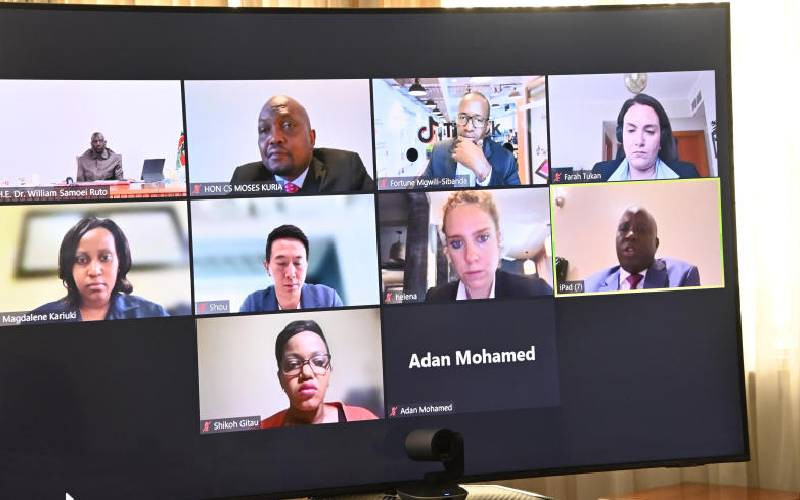×
The Standard e-Paper
Join Thousands Daily

The Kenya Film Classification Board (KFCB) has asked TikTok to disable the live feature in the country until they can ascertain that no community guidelines have been violated.
KFCB acting CEO Joel Wamalwa on Friday said this formed part of their discussions with the TikTok leadership in a bid to ensure the platform is not used to promote sexual content.